About Forum
The Future Energy & Tech Investment Forum will take place in January 2020 in Singapore. The one-day forum will focus on the future of energy worldwide, and the investment opportunities that are currently available on the market. Attendees include leaders from all sides of the energy spectrum, from oil and gas to power to pure-play renewable, established companies and startups, as well as the investors that are helping to shape the industry.
Highlights
- A full day of insights, ideas and networking of future energy, tech and innovation in the industry.
- Learn about the latest trends and best practices in the new energy industry.
- Broad media and internet platform exposure.
- 20+ industrial leading speakers, 150+ participants from energy resources / tech / consulting / investment companies.
- Main forum, startup pitching, workshops, happy hour and networking.
Topics to be Discussed
- Natural Resources Situation and Trends
- New Energy Planning and Investment
- Global Cooperation on New Energy Issues
- New Energy Policies and Laws
- Energy Control and Storage
- Electrical Vehicle Monitoring and Control
- Advanced Energy Technologies
- Green Supply Chain Management
- Blockchain Technology Empowers New Energy
- Intelligent Energy Control Systems
- Energy Network Challenge
- Microgrids and more…
Speakers & Panelists
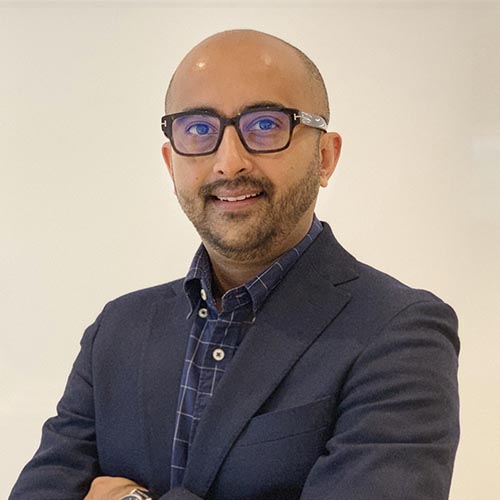
Kaushik Burman
VP
GOGORO

Vincent Bakker
Co-Founder & CFO
Positive Energy Ltd.

Sheryl Foo
Director, APAC and EMEA
Vertech Capital

Lathika Chandra Mouli
Business Development Manager
Vertech Capital
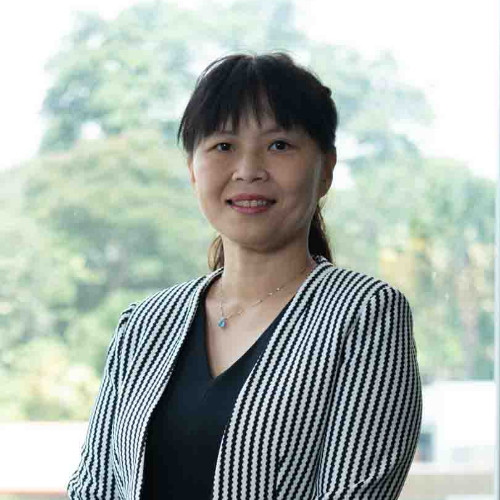
Jen Tan
VP, BD of Solar (Singapore) Energy Division
Sembcorp Industries Ltd
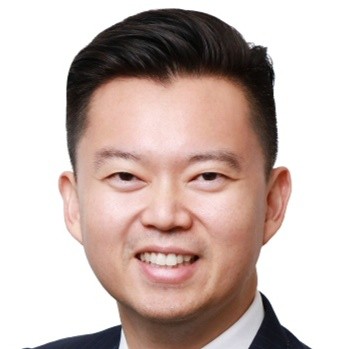
Adrian Wong
Partner
CMS Singapore
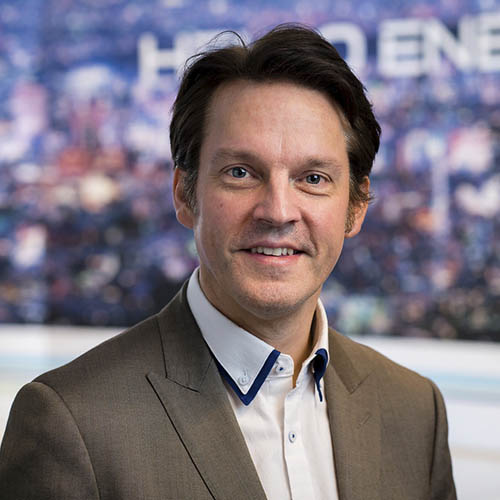
Mathias Steck
Executive Vice President and Regional Manager - Digital Hub, Asia
DNV GL
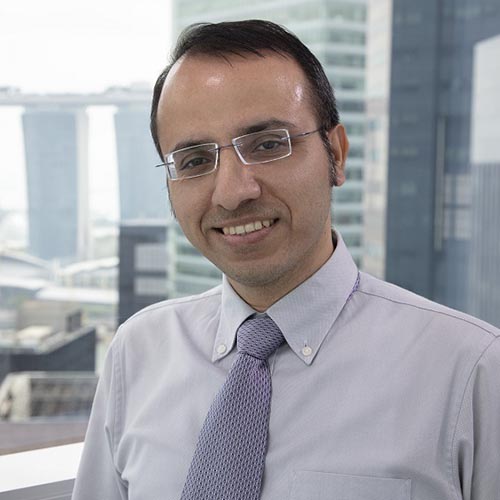
Bikal Pokharel
Research Director - Asia Pacific Power & Renewables
Wood Mackenzie
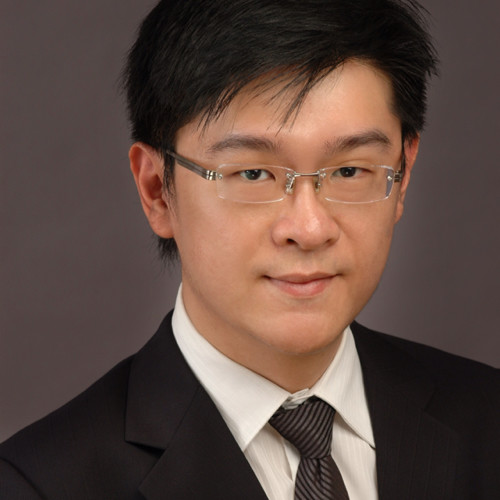
Howe Tian Ho
Director of Industrial Solutions
Envision Digital (Asia Pacific)
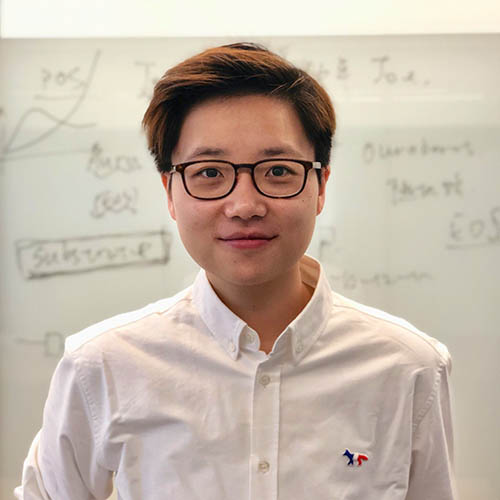
Kaikai Yang
CEO & Co-Founder
Ekss Company
Sponsorship
Sponsorship at the Future Energy and Tech Investment Forum provides you with a unique opportunity to maximize your brand exposure, in addition to showcasing your products and services to a great number of investors, investment companies and others across the value chain.
By sponsoring the event, your company will receive the very best promotion through a series of highly visible branding options. You will have the ability to give materials directly to all attendees, have your company video play through the Tea and Lunch Break, have your company exhibit in the vendors lounge, have interviews with industry media, free tickets to the event and much more.
- Sponsor’s logo will be highlighted as the sponsor on the promotion channels, including forum website, promotional materials, media platform, event platform, forum catalog, poster, backdrop and so on.
- Sponsor logo and link to be included in HTML email campaigns.
- Sponsor will have 30+ media press release before and after the forum.
- Sponsor has the opportunity to present 20 minutes in the forum or 20 minutes in the workshop session.
- Sponsor will be allocated a booth in the vendors’ lounge.
- Sponsor can insert their company profile into the forum documentation, highlighting the products and services offered by the organization as well as contact details of their key people. (one A5 page).
- Sponsor will receive Five (5) COMPLIMENTARY TICKETS (worth $750) to the forum for clients or staff members.
- 1 months Eventlinker membership (includes introductions and set up of private meetings)
- Sponsor’s logo will be highlighted as the sponsor on the promotion channels, including forum website, promotional materials,
media platform, event platform, forum catalog, poster, backdrop and so on. - Sponsor logo and link to be included in HTML email campaigns.
- Sponsor will have 20+ media press release before and after the forum.
- Sponsor has the opportunity to present 10 minutes in the pitching session.
- Sponsor can insert their company profile into the forum documentation, highlighting the products and services offered by the organization as well as contact details of their key people. (one A5 page).
- Sponsor will receive Three (3) COMPLIMENTARY TICKETS (worth $450) to the forum for clients, prospects or additional staff members.
- 1 months Eventlinker membership (includes introductions and set up of private meetings)
Want to become an event sponsor? Contact us at marketing@eventlinker.cn for more details!
Agenda
8:30am-9:00am | Registration
9:00am-9:10am | Opening Speech
9:10am-9:30am | Digitalization and the Future of Energy by Mathias Steck, Executive Vice President and Regional Manager – Digital Hub, Asia of DNV GL
9:30am-9:50am | Challenges and Opportunities on Renewables Markets by Bikal Pokharel, Research Director – Asia Pacific Power & Renewables of Wood Mackenzie
9:50am-10:10am | Decarbonizing The Planet By Embracing Electric Mobility by Kaushik Burman, VP Strategy (Global Expansion) of Gogoro
10:10am-10:30am | Why Is O&M Of Solar Critical To The Investment? by Jen Tan, VP, BD of Solar (Singapore) Energy Division of Sembcorp
10:30am-11:00am | Morning Break + Networking
11:00am-11:20am | Supply Challenges And Opportunities In The Resources Sector
11:20am-11:40am | Unlocking The Potential Of Multi Energy Systems (MES)
11:40am-12:20am | Panel Discussion #1 – Smart City (Disruptive Technologies In Empowering Smart Cities)
12:20pm-1:30pm | Lunch Break + Networking
1:30pm-2:00pm | Innovative Financing Structures For Renewable Energy Projects
2:00pm-2:20pm | Innovation Technology Adoption In the Energy Sector by Sheryl Foo, Director of Vertech Capital
2:20pm-2:40pm | Battery Supply Chain: From Recycling Batteries To Overcoming Metal Supply Constraints
2:40pm-3:00pm | New Trends In Turbine Design, Efficiency And Reliability
3:00pm-3:30pm | Panel Discussion #2 – Investors (Where is the Smart Money going?)
3:30pm-4:00pm | Afternoon Break + Networking
4:00pm-5:00pm | Pitching and Q+A: 4 projects in the energy and tech industry will present their latest products and solutions. The audience will be free to ask questions to the startups in a Q+A session after the presentations.
5:00pm-6:00pm | Happy Hour + Networking
1:30pm-2:30pm | The Impact of Digital Innovation in Energy Market
As disruptive innovations transform the future of energy market, many companies are turning to adopt the digital technologies. This workshop will discuss the impact of digital innovations on infrastructure, explore the changes and opportunities of energy industry, and help companies plot a digital path to thrive in that future.
2:30pm-3:30pm | The Future of Mobility
In the transition from ICE’s to BEV’s and the emergence of self driving cars, how will the mobility sector change over the coming decades.
3:30pm-4:00pm | Afternoon Tea Break
4:00pm-5:00pm | Resource Supply Challenges in the Future of Energy
Lithium, Cobalt, Nickel, Copper and Rare Earth Metals are essential to the future of energy, but how secure is the supply of these elements? Join us for an in depth discussion on the challenges and opportunities facing the resource industry relating to the future of energy.
Previous Event Recap: FETIForum Shanghai
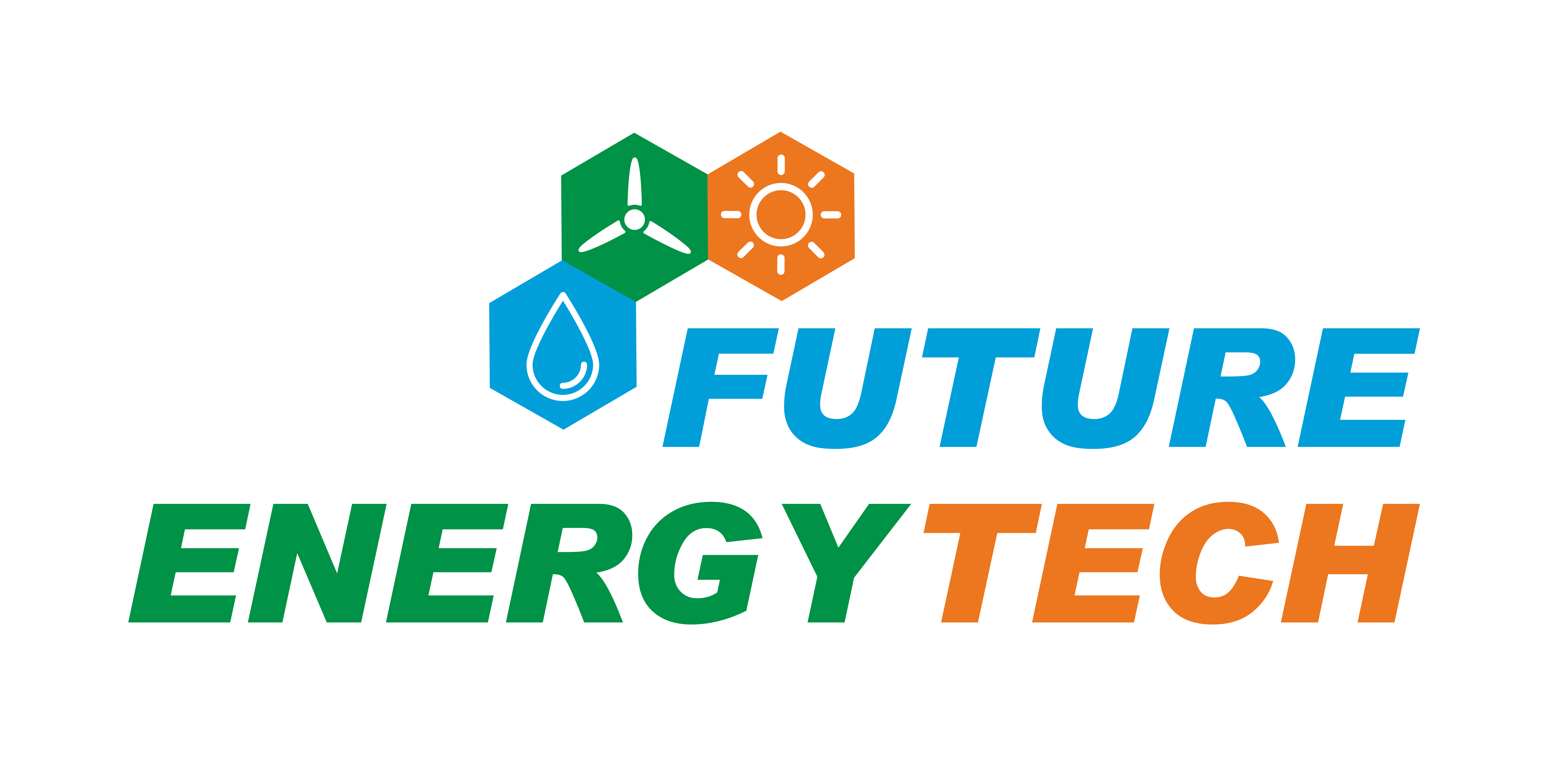
Future Energy & Tech Investment Forum
March 27th, 2019
PwC Innovation Centre, Shanghai, China
Venue
80 Robinson Road, #08-01,Singapore 068898
Being located at the heart of Central Business District (CBD) allows for greater access to clients and new business opportunities. 80RR’s prime location can also help elevate prospective clients’ perception of your business.
Distance to MRT :
- Telok Ayer Station (350m ~5mins walk)
- Tanjong Pagar Station (450m ~6mins walk)
- Raffles Place Station (500m ~6mins walk)
- Downtown Station (600m ~7mins walk)
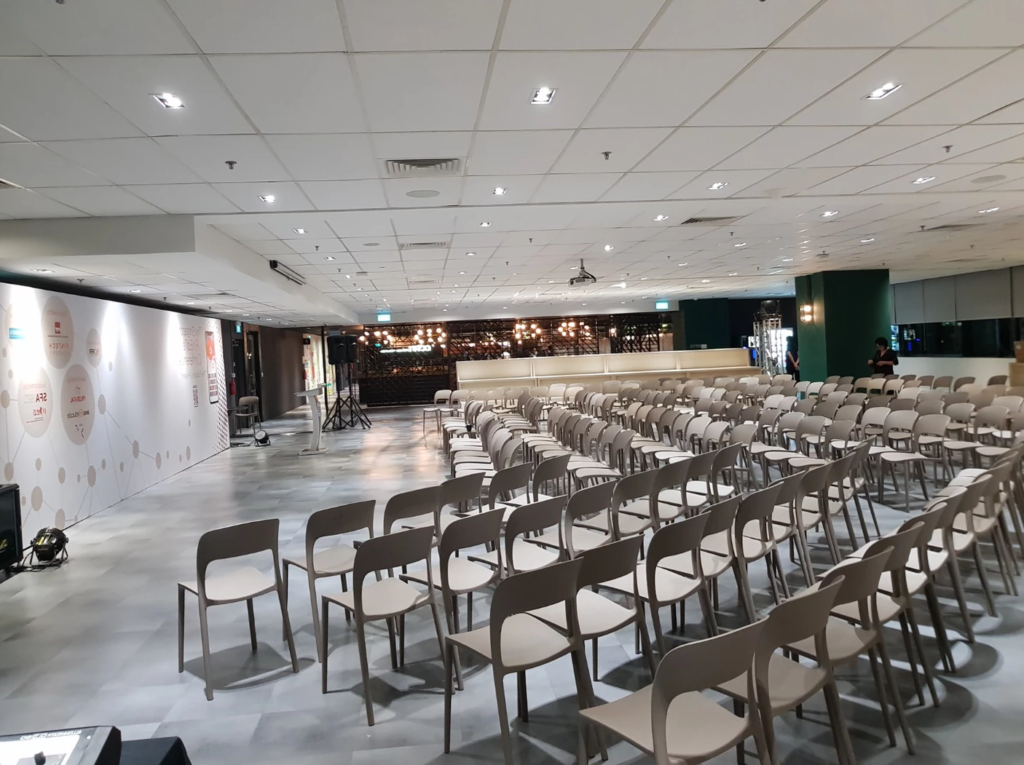
Contact Us
Location
3F, No.819, West Nanjing Rd, Shanghai, China
Mobile Phone
+86 18258056393
18258056393
marketing@eventlinker.cn










